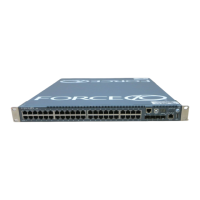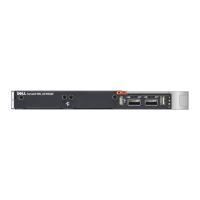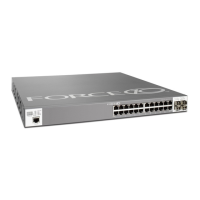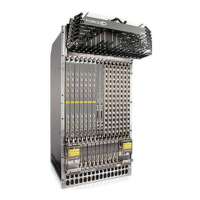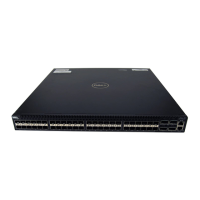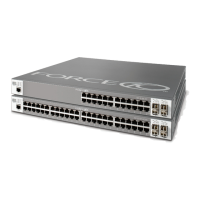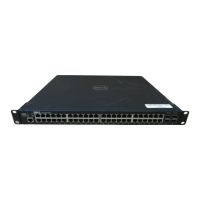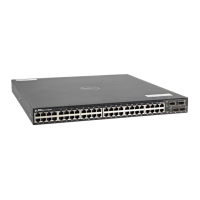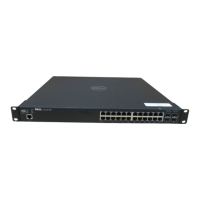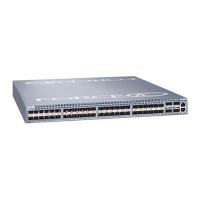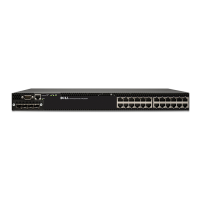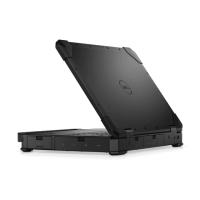Entering no tcpdump stops the file dump immediately, without waiting for a threshold to
be met.
The files saved on the flash are located in the flash://TCP_DUMP_DIR/
Tcpdump_<time_stamp_dir>/directory. The file name is tcpdump_*.pcap. There can be up to 20
Tcpdump_<time_stamp_dir> directories. If more than 20 files are created, the oldest is
overwritten.
Related
Commands
logging coredump – designates a server to upload kernel core-dumps.
Offline Diagnostic Commands
The offline diagnostics test suite is useful for isolating faults and debugging hardware. While tests are running, FTOS
results are saved as a text file (TestReport-SU-X.txt) in the flash directory. This
show file command is available only
on master and standby.
Important Points to Remember
• Offline diagnostics can only be run when the unit is offline.
• You can only run offline diagnostics on a unit to which you are connected via the console. In other words, you
cannot run diagnostics on a unit to which you are connected to via a stacking link.
• Diagnostic results are printed to the screen. FTOS does not write them to memory.
• Diagnostics only test connectivity, not the entire data path.
diag stack-unit
Run offline diagnostics on a stack unit.
S-Series, Z-Series
Syntax
diag stack-unit number [alllevels | level0 | level1 | level2]
verbose testname
Parameters
number
Enter the stack-unit number. The range is 0 to 7.
alllevels Enter the keyword alllevels to run the complete set of offline
diagnostic tests.
level0 Enter the keyword level0 to run Level 0 diagnostics. Level 0
diagnostics check for the presence of various components and
perform essential path verifications. In addition, they verify the
identification registers of the components on the board.
level1 Enter the keyword Level1 to run Level 1 diagnostics. Level 1
diagnostics is a smaller set of diagnostic tests with support for
automatic partitioning. They perform status/self test for all the
components on the board and test their registers for appropriate
values. In addition, they perform extensive tests on memory devices
(for example, SDRAM, flash, NVRAM, EEPROM, and CPLD) wherever
571
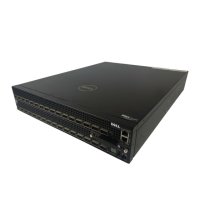
